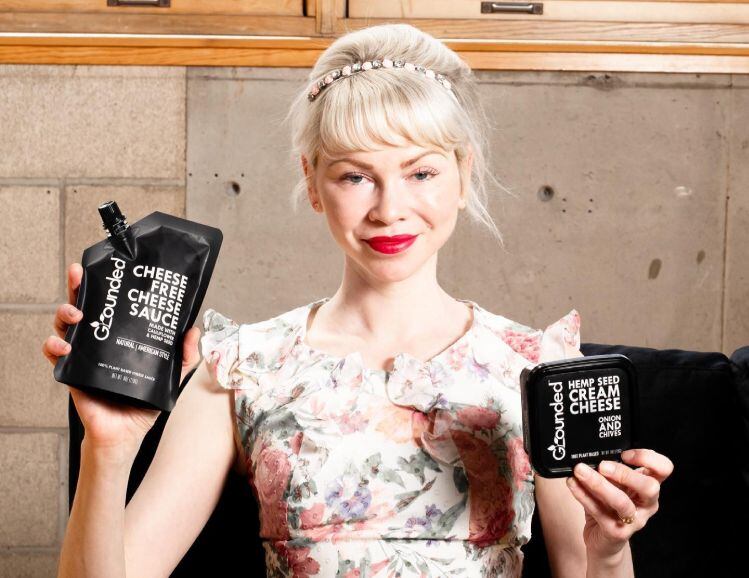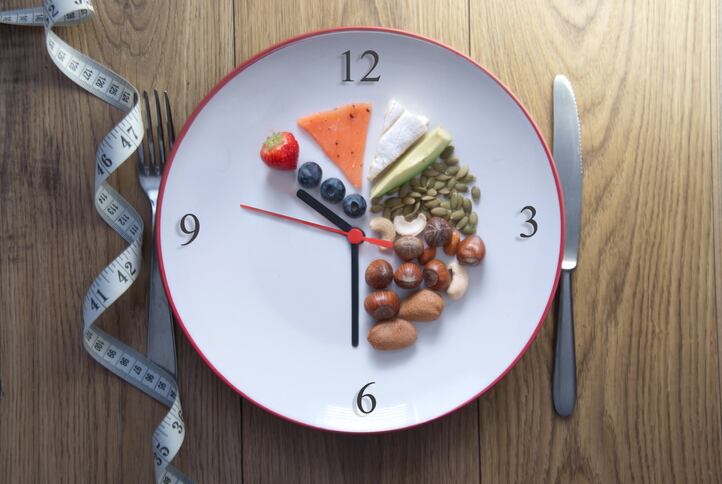Alternatively, healthcare workers in the study who followed a low-carb, high-protein diet were more likely to experience moderate-to-severe cases of COVID-19 than those who did not follow this dietary pattern, although the difference was not statistically significant, according to the study published today in the online journal BMJ Nutrition Prevention & Health.
Researchers compared the dietary patterns of 2,884 frontline doctors and nurses with extensive exposure to the coronavirus responsible for COVID-19 infections working in France, Germany, Italy, Spain, the UK and the US to the rate of infection, severity and duration of illness if contracted.
Of the 568 respondents who experienced COVID-19 symptoms or were asymptomatic but tested positive for the infection, those who followed plant-based diets or plant-based/pescatarian diets for at least one year were 73% and 59% less likely to suffer moderate to severe COVID-19 infections compared to those who didn’t follow these dietary patterns.
Those who followed a high-protein, low-carbohydrate diets were a non-significant 48% more likely to experience moderate-to-severe COVID-19 symptoms than those who did not follow this dietary pattern, and three-fold more likely to suffer moderate-to-severe cases than those who followed a plant-based diet, analysis revealed.
The associations did not change with BMI and other medical conditions or potentially influential variables, such as age, ethnicity, medical specialty or lifestyle, were factored in, according to the researchers.
While a correlation between diet and symptom intensity was observed in the study, no association was observed between diet an the risk of contracting COVID-19 infection or the length of the subsequent illness, note researchers, who add that because this is an observational study it doesn’t establish causation.
Reflecting on the differences between these groups, researchers noted that plant-based diets are rich in nutrients, especially phytochemcials, fiber, vitamins A,C and E, folate and the minerals iron, potassium and magnesium that other studies have connected with reduced risk of respiratory infections and shortened durations of these illnesses.
The study also noted that pescatarian diets are associated with high intakes of vitamin D, omega-3 fatty acids, which other research associates with more favorable impacts on respiratory illness.
Without plasma micronutrient levels, researchers stopped short of characterizing a low-carbohydrate, high-protein diet as unhealthy, but noted that “our results highlight that it may be advisable to follow a healthy dietary pattern such as plant-based diets or pescatarian diets.”
In addition to not being able to prove correlation, the study was limited in that most participants were male and therefore the findings might not apply to women. It also relied on participants to self-report exposures and outcomes and did not include individuals with more severe COVID-19 illness given that severe cases that required mechanical ventilation and admission to intensive care units hindered the ability to complete the research questionnaire.
Finally, the researchers note, “despite our efforts to adjust for a number of confounding factors, residual confounding may still be present due to unmeasured or incorrectly assessed variables.”
Despite these limits, the researchers concluded: “Our results suggest that a healthy diet rich in nutrient-dense foods may be considered for protection against severe COVID-19.”




